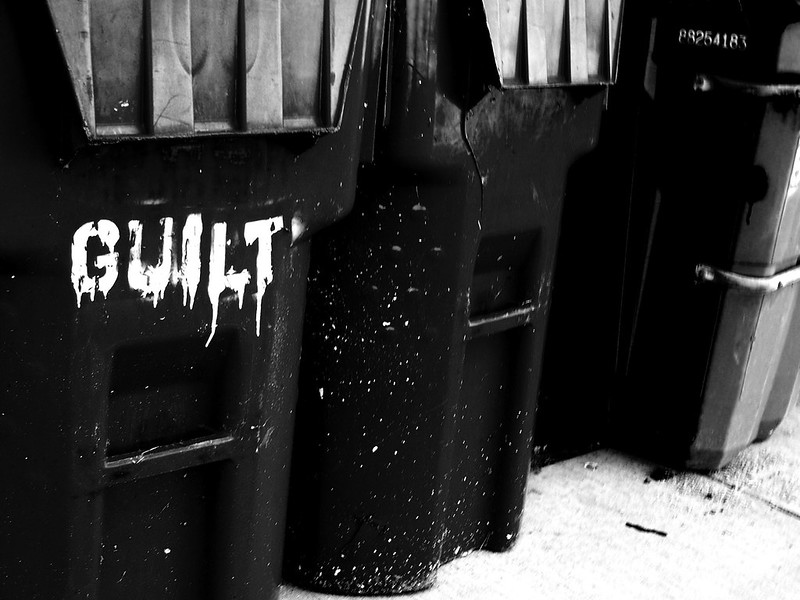What would your mother say?
When I was an analyst, we had an opportunity to accomplish a goal by, shall we say, a means that not everyone would agree was ethical. I asked my boss what I should do.
“I always answer these questions like this,” he said. “If everyone knew what you did, would you still feel okay about it? Would you feel okay if your mother knew what you did?”
I decided I wouldn’t. So we didn’t use that tactic.
What tactics are off limits for authors?
Authors have opportunities to do all sorts of unethical things. Here’s an incomplete list.
- You can promise someone anonymity, then reveal things told to you in confidence.
- You can make up stories that aren’t true.
- You can print things that you suspect are true as if you know they are true, even if you have no proof.
- You can take credit for the work of another person.
- You can publish skewed research or fake the data behind what you are writing.
- You can pay people to write reviews of your book on Amazon.
- You can buy copies of your own book, but through a bunch of straw buyers, to manipulate your way on the bestseller list.
- You can publish an accusation about someone without asking that person to comment.
None of those things are illegal (except maybe paying for reviews). But all of them are shameful. If everyone knew you did them, you’d be ashamed. If your mother knew you did them, you’d be ashamed.
How will you feel?
These things might save you time. They might allow you to publish things that get a lot of attention. The might allow you to pad your accomplishments, by listing yourself as “a bestselling author,” for example.
I know people who have done many of these things. It makes me think less of them. If I’m working with somebody with a plan to do something like this, I try to talk them out of it. If they won’t listen, I complete the project and then don’t work with them again.
Here’s the thing about this stuff. Whatever it gets you, you know you are a fraud. You’ll always have to live with the knowledge that you were dishonest and deceptive. You’ll never be able to feel completely at ease with your success.
If you’d just waited a little longer, worked a little harder, were a little more trustworthy, maybe you would have gotten to the same place anyway. But with more self-respect, and without the guilt.
Yes, I know other people do these things. Yes, I know people get away with it. That’s not the point. The question is, how would you feel if everyone knew you did these things?
Failing is recoverable. Moral failing, often, is not.
Think about this next time you have one of these choices.

Sound topic, Josh. And I’ll add another ethical transgression duplicated dozens of times each day by those in the print, publishing and broadcast mediums – reporting the words and actions of others absent the context within which they were spoken or executed.
Shouldn’t we expect more of these unethical/immoral behaviors in a culture that assigns a higher value to “influence” over honesty?
I worked as a proposal writer for 7 years. Before I’d do it again, I’d make my employer-to-be sign an affidavit affirming that I would never be asked or expected to lie, stretch the truth, tell a half-truth, or tell a lie of omission.